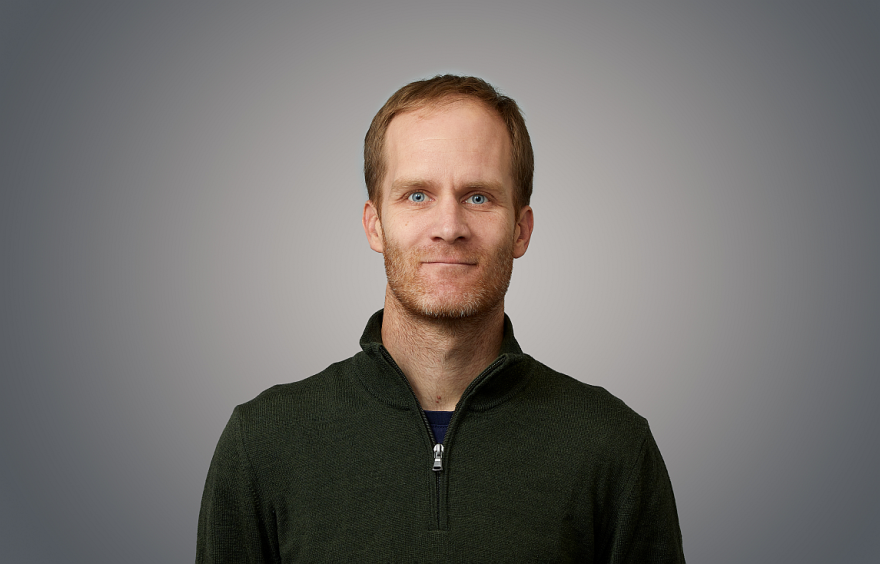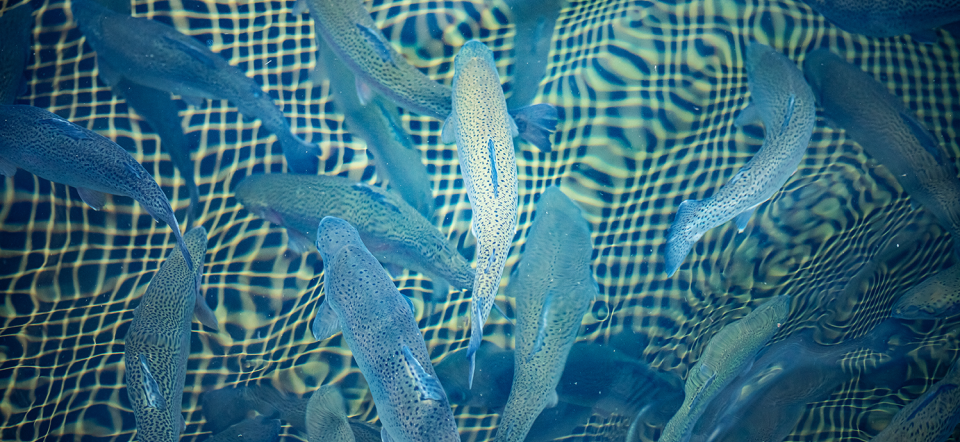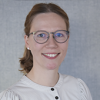The smell of a rainy day in the forest where the ground is soaked. Now imagine that the same odour is in the salmon fillet you're about to serve for dinner. Would you want to sink your teeth into it?
The fish farming industry has sea-based and land-based tanks, and in the land-based tanks, there are sometimes problems with the fish smelling and tasting bad. It's described as the smell of "muddy soil". This is because there is a high concentration of bacteria in land-based fish farms, which can cause an unwanted odour that settles in the fish and is difficult to get rid of.
"The industry has so far succeeded in removing the odour and taste by using a method that requires large amounts of water but is not sustainable. Nevertheless, they will continue if it removes the unpleasant odour and bad taste from the fish. Otherwise, the consequence is that consumers will not buy the salmon," says Oskar Modin.
He is a professor at Chalmers University of Technology in Sweden and leads the research project "Facilitating detection, understanding production, and improving mitigation of undesired taste and odour compounds in aquaculture" (FLAVOUR). The researchers from Finland, Sweden and Denmark are working to find a more sustainable method to eliminate odour and bad taste.

Three alternatives to high water consumption and weight loss
Aquaculture is a growing industry worldwide, not least in the Nordic region. New fish farms are being built and production is increasing.
"We assume that this is a development that will continue, and we also believe that there will be more land-based facilities that recirculate water because there are great benefits and less risk of disease in salmon. However, in land-based recirculating systems, there is a high concentration of bacteria that causes unwanted odour and taste. To remove the odour, the fish are allowed to swim in clean water for a week without feed, which causes the fish to lose weight and requires large amounts of water, which is not a sustainable method," says Oskar Modin.
Together with the researchers in the project, he is working on three different things. The first is to identify which bacteria cause odour in fish farms. The second solution is to find out if new purification systems can be created that prevent the odour from occurring at all, and the third is to develop a censor that can measure the concentration of odour and taste substances in the water.
When it comes to identifying bacteria, the researchers have taken samples from fish farms in Sweden and performed DNA sequencing to see which bacteria cause odour.
"We have found quite a few new bacteria that were not previously known to cause odour. It has previously been known that bacteria within three groups can produce odorous substances that are problematic in fish farms. We have found new species within these three groups, and we have also found bacteria within new groups that we believe have the potential to produce odour."
In part two of the project, which is about finding out if it is possible to create new purification systems that prevent the odour from occurring, they have tested a technology called "Bioelectrochemical systems".
"Bioelectrochemical systems are technologies that can have many different applications. In recirculating fish farms, it is important to remove nitrogen from the water. Our results in laboratory experiments show that bioelectrochemical systems can remove both nitrogen and odour from the water."
The third and final part is to develop a new censor that can measure the odour content of water, particularly a substance called geosmin. There is not yet a finished prototype, but the results so far are promising and could benefit the industry, according to Oskar Modin:
"Across Europe, there are 3090 land-based fish farms that could potentially use the odour and flavour sensor we are developing. However, not all of the 3090 farms currently have a sufficiently high level of water recirculation to require such measurements. However, we believe that the degree of recirculation will increase because there is a general desire to reduce the environmental impact of aquaculture. When it comes to recirculating aquaculture systems (RAS), Denmark is one of the leading countries in Europe," he says.
Co-operation with the industry
The project has a close collaboration with industry partners, which has been crucial for the researchers to be able to carry out their studies, says Oskar Modin.
"It has been very important for us to collaborate with industrial partners because it has given us access to fish farms, and they have contributed a lot of knowledge about how recirculating systems work in practice. To develop prototypes of new technology, it has been necessary to be able to test the technology with water from real fish farms with live fish. When it comes to the development of a censor, it is the industry partners who have the most knowledge in this area."




